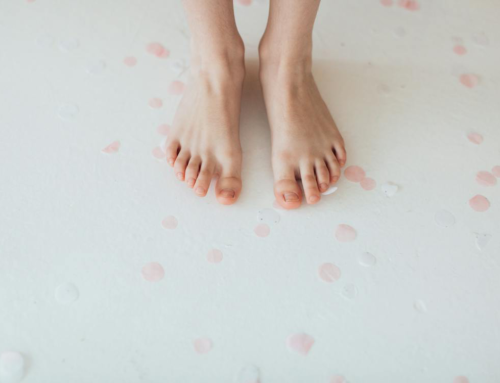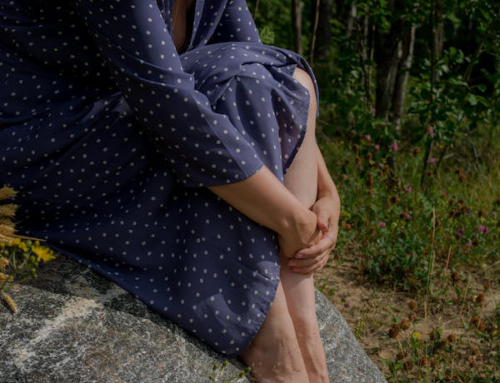Nail fungus and nail-biting have a lot in common. We’ve all been guilty of it. At least once in our lives, we’ve nibbled at least on one of our nails. But why? To clean off a broken nail, or is there more to it than that? Is there more of a deep compulsory habit we’re unaware of, if so how does it form? And is it possible to stop it?
Nail Biting
Biting your fingernails is a habit that often times starts in your childhood. Studies have shown that about 60% of children and around 45% of teenagers are nail biters. Nail-biting becomes less and less common after the age of 18, but if the habit is already deeply ingrained in the individual, it can continue into adulthood.
But why do we do it? What drives us to bite our nails exactly? Stress and boredom play a huge role for this reason. The habit can often be linked to anxiety or to keep the body and mind occupied when the mind lacks interest. Anxiety, loneliness, or any other types of emotional triggers can also lead to nail-biting. Biting fingernails can also be a sign of OCD also known as obsessive-compulsive disorder. Regular nail biting can cause severe damage to the nail and the surrounding skin which can be considered a form of self-mutilation and harm!
Why you shouldn’t bite your nails
If you bite your nails on the regular, your nails and cuticles suffer, the area around your nails can become infected since it’s easy for bacteria to travel from your fingers to your mouth and face. Nail-biting can also affect your teeth! It can severely weaken them or push their alignment out of place.
If you are a consistent nail biter try adding a bitter polish to your nails, it will discourage you from biting after leaving a sour taste in your mouth. If you find stress and anxiety are what causes you to nibble on your nails try alternatives when relaxing like yoga or meditation. Even something as simple as deep breathing and squeezing a stress ball would be a game-changer!

Laser Treatment for Nail Fungus
If you have caught nail fungus, it can be easily treated using the FDA-approved PinPointe laser, which typically only takes on treatment.
Our nail doctor in Chicago, IL recommends this treatment. The PinPointe Laser treatment has the highest cure rate in the market. It has no side effects and no recovery period. As a result, you can go about your daily activities right after the treatment. Also, it is not painful.
If you have any signs of nail fungus, call us at (800) 672-0625 or visit our website for more information on our doctors at one of our over 160 locations.



